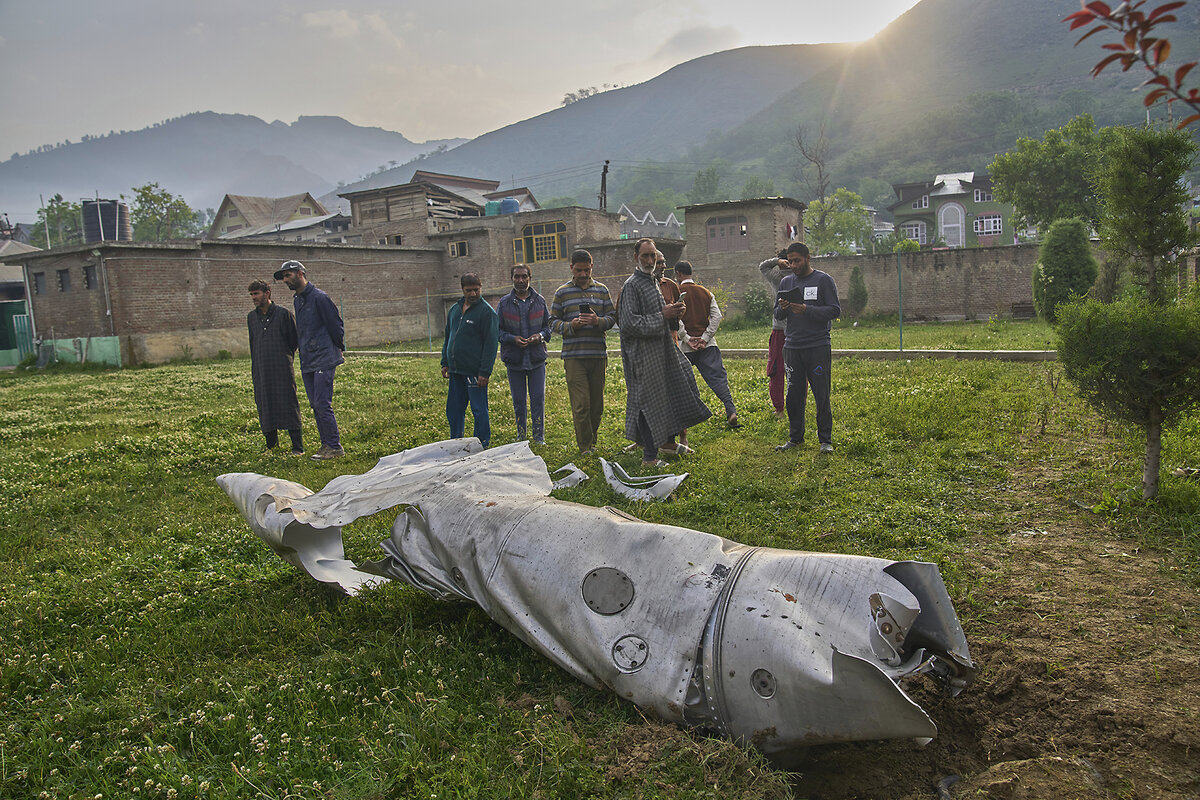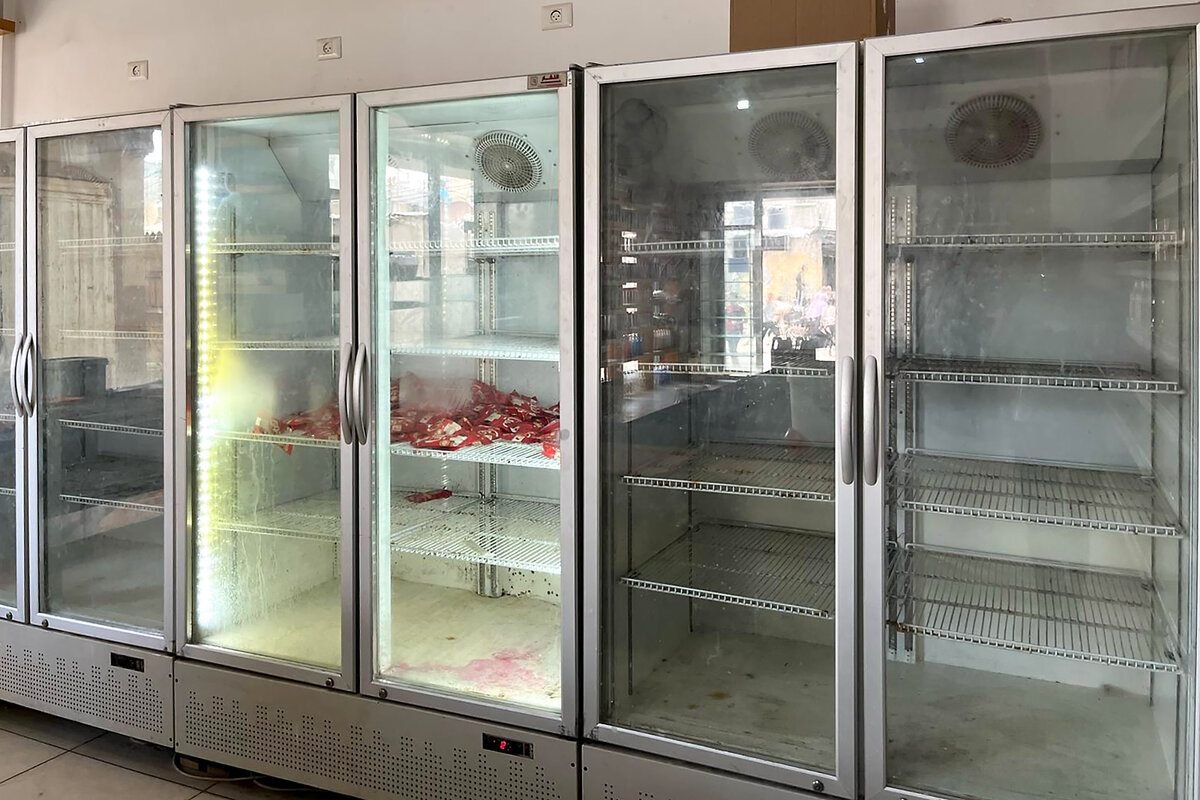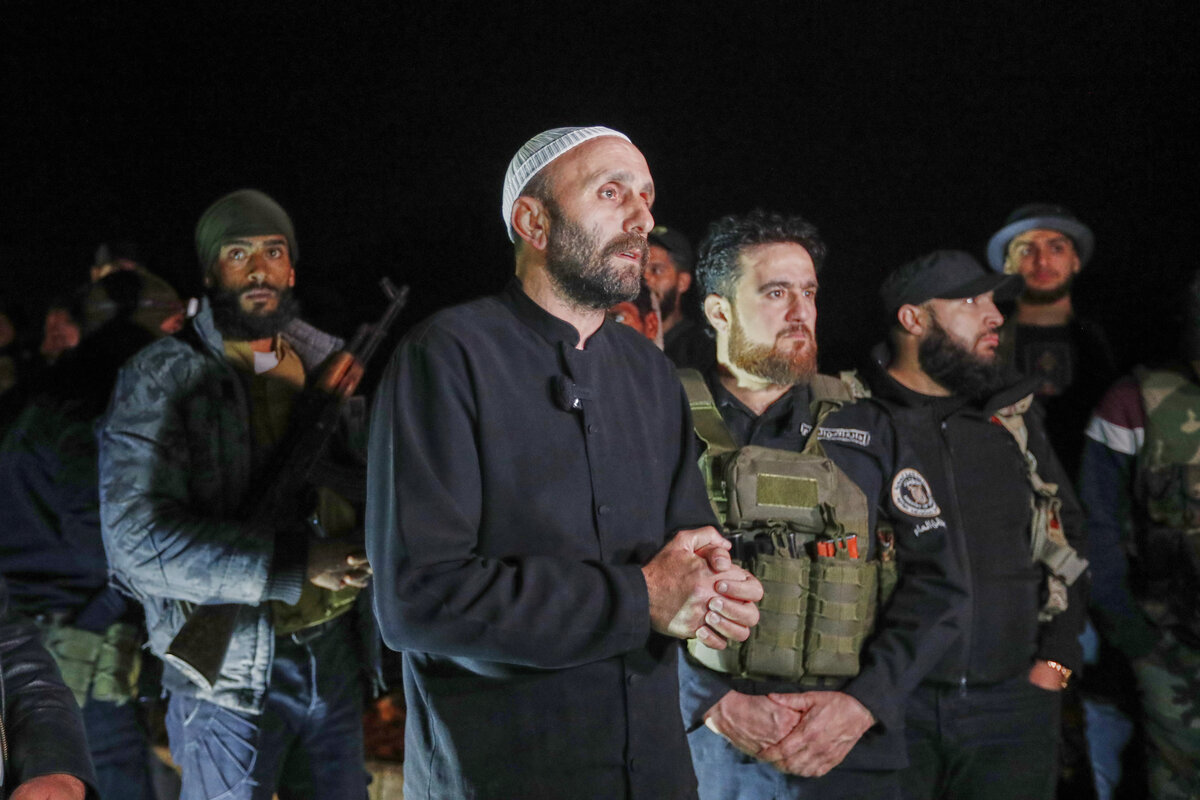Opposition leaders flee Venezuela. Five key opposition figures from the troubled South American country were “rescued” and brought to the United States, Secretary of State Marco Rubio said. They had sought refuge for 412 days in the Argentine Embassy in Caracas after the government of authoritarian President Nicolás Maduro issued arrest warrants accusing them of destabilizing the country. It’s unclear if Mr. Maduro was involved in the operation, but the group’s release could signal an attempt to appease Washington ahead of the expiration of an oil-exporting license. – Staff
A massive fentanyl trafficking operation in the U.S. is dismantled. Law enforcement officials reported this week that they had taken down one of the largest fentanyl trafficking operations in the country’s history, making 16 arrests and seizing millions of fentanyl pills. Authorities also seized more than 25 pounds of fentanyl powder and large amounts of methamphetamine, heroin, and cocaine in last month’s operation. Six defendants who are in the U.S. illegally will face charges in U.S. courts. – Reuters
Related Monitor coverage: In December, we reported on how fentanyl gets into the country – and tracking it down once it’s inside.
The Federal Reserve keeps key interest rate unchanged. The agency didn’t yield to President Donald Trump’s demands to lower borrowing costs and said that the risks of higher unemployment and higher inflation have risen. The Fed kept its rate at 4.3% for the third straight meeting, after cutting it three times in a row at the end of last year. Many economists and Wall Street investors still expect the Fed will reduce rates two or three times this year, but the sweeping tariffs imposed by Mr. Trump have injected uncertainty into the U.S. economy and the Fed’s policies. – The Associated Press
The Tufts University student detained by ICE will be brought to Vermont. A federal appeals court on Wednesday granted a judge’s order to bring Rümeysa Öztürk from a Louisiana immigration detention center back to New England for hearings to determine whether her rights were violated. The order says she must be transferred by May 14. Ms. Öztürk has been detained in Louisiana since March 25 because of an op-ed she co-wrote last year criticizing the university’s response to Israel’s war in Gaza. – AP
Related Monitor coverage: The arrest of a Tufts University doctoral student by undercover agents has had a chilling effect on international students.
A $2.8 billion NCAA settlement will allow some revenue to flow to athletes. The settlement, awaiting final approval, would compensate athletes directly for the use of their name, image, and likeness. But replacing scholarship caps with roster limitations could leave walk-ons, partial scholarship earners, nonrevenue sport athletes, and high school recruits at risk. In particular, there are concerns about the potential impact on sports that feed U.S. Olympic teams. – AP












